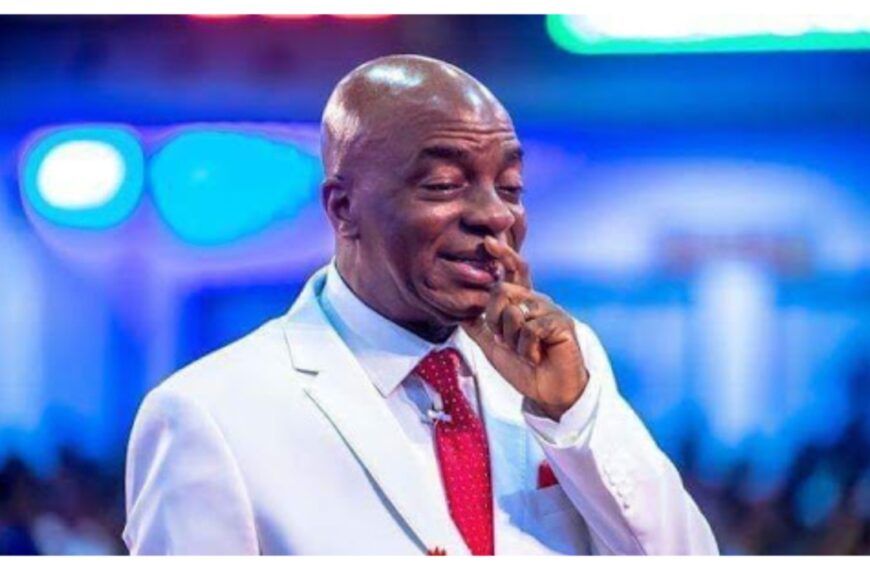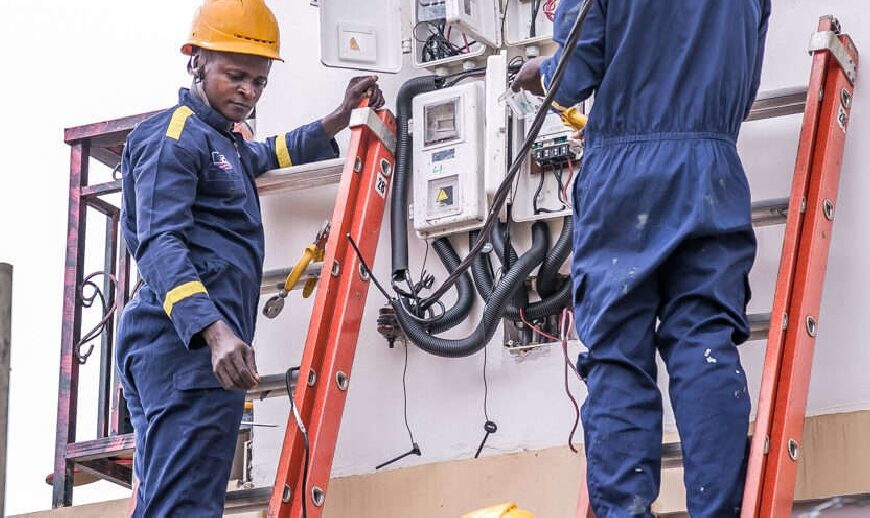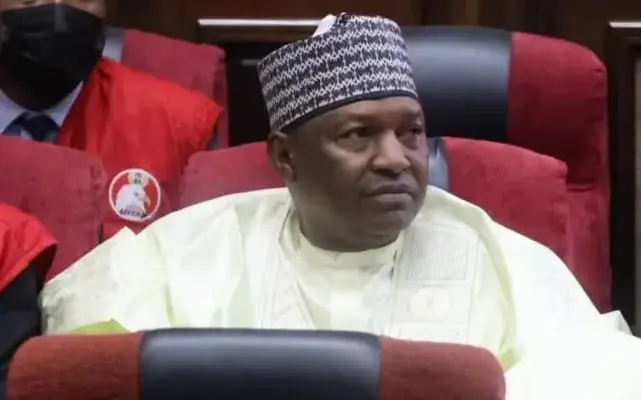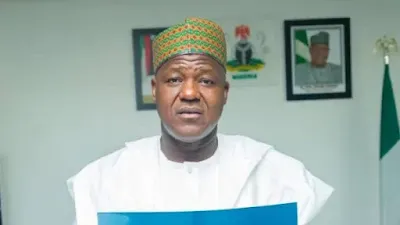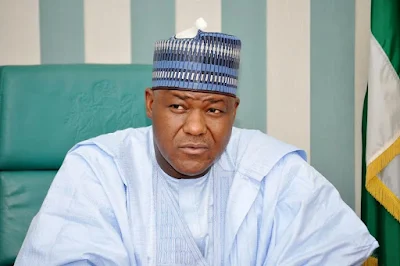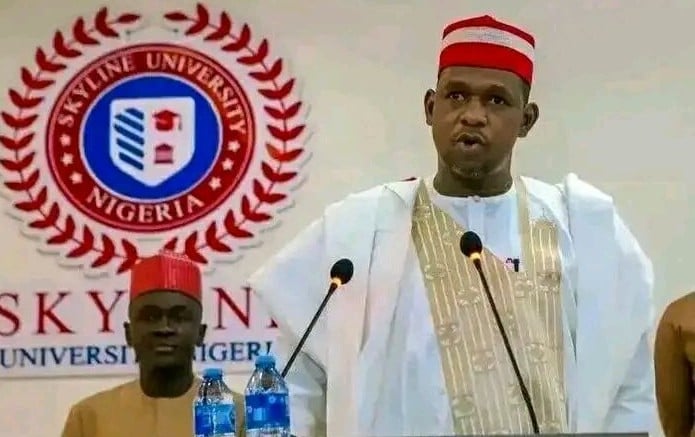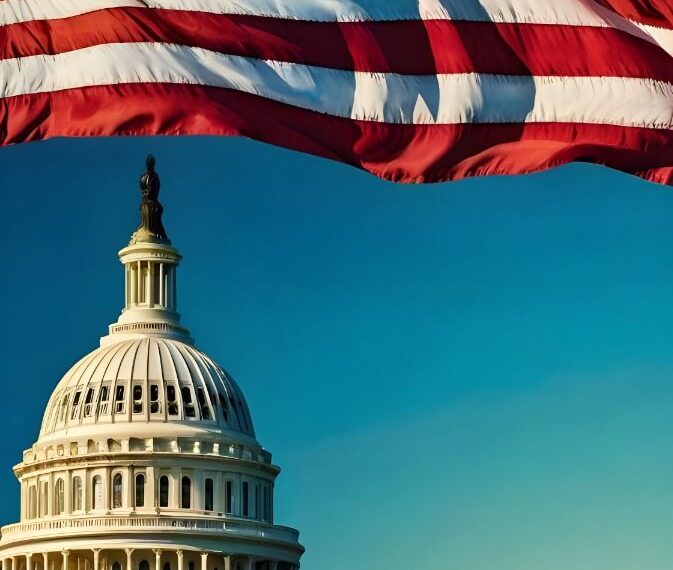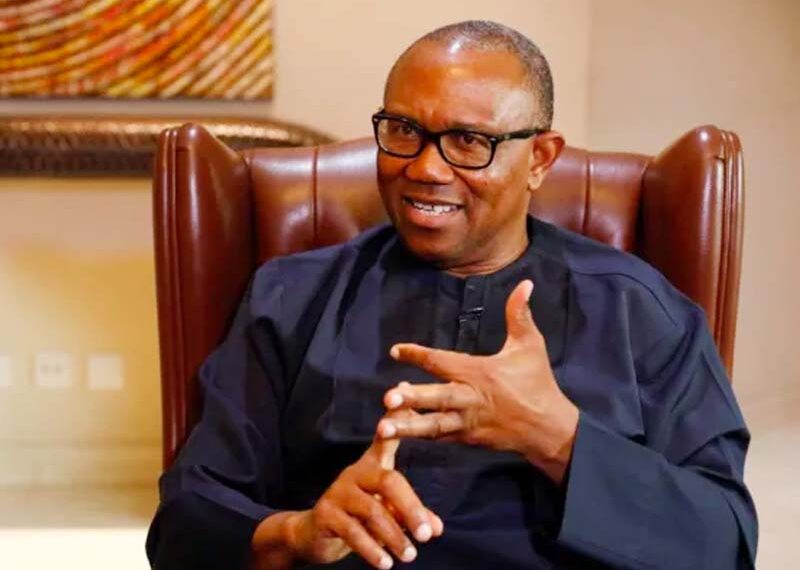On Monday, October 20, 2025, the city of Abuja, Nigeria’s capital, witnessed significant disruption as thousands of protesters converged on the streets under the slogan #FreeNnamdiKanuNow. The protest, which called for the release of the detained Indigenous People of Biafra (IPOB) leader Nnamdi Kanu, led to a near-total shutdown of business activities and caused heavy traffic gridlock across major parts of the city. Commercial operations, offices, transportation, and markets were severely affected as demonstrators marched through central areas of the Federal Capital Territory.
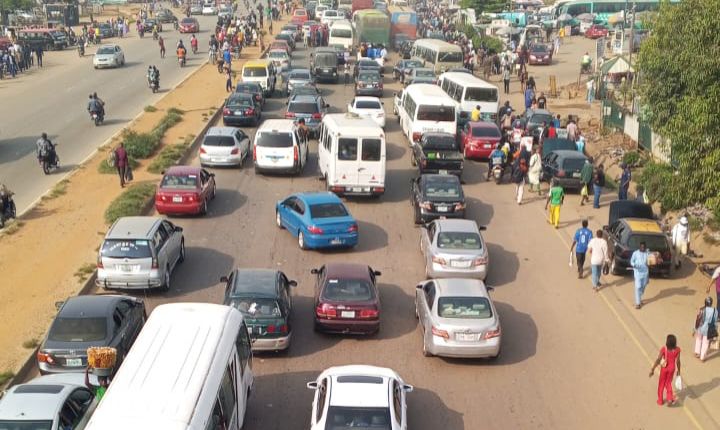
The protest was organised by activist Omoyele Sowore of the “Revolution Now” movement and mobilised a large crowd at strategic locations, including Unity Fountain, Eagle Square, and areas around the Presidential Villa. Security agencies had mounted heavy cordons and checkpoints on major roads leading into Abuja from the early hours of the day, resulting in long queues, slow movement, and in some cases, complete standstills. Commuters were forced to abandon their vehicles and trek long distances, while many businesses either closed or operated far below capacity due to the inability of staff and customers to move around.
Heightened security alerts contributed to the tense atmosphere. The U.S. Embassy had earlier issued a security advisory, warning of potential unrest and advising foreign nationals to avoid protest zones. Despite warnings and court injunctions restricting demonstrations around critical national assets such as the Presidential Villa and the National Assembly, protesters defied security barriers and took to the streets in large numbers. Their demand was clear and unified: the immediate release of Nnamdi Kanu, who has been in detention since June 2021 following his controversial arrest and rendition from Kenya.
The economic impact of the protest was significant. Traffic congestion and roadblocks made it difficult for workers and traders to access offices and shops. Many banks, markets, and private businesses shut their doors as a precautionary measure, while transportation services were severely disrupted. The ripple effect extended beyond Abuja to cities such as Enugu, where businesses also shut down in solidarity or out of fear of unrest. The combination of gridlock, uncertainty, and security presence made normal business operations almost impossible throughout the day.
The protest reflects deeper political and social tensions in Nigeria. For years, the IPOB movement has demanded self-determination for the Igbo people, and Nnamdi Kanu has remained at the center of that agitation. His prolonged detention continues to generate widespread resentment, particularly in the southeast, and has fueled repeated protests and calls for his release. Events like this highlight the fragile balance between civic rights and national security, as well as the economic vulnerabilities of Nigeria’s urban centers in times of unrest.
In the aftermath of the demonstration, attention now turns to how quickly Abuja can recover normal business operations. The duration of heightened security measures and the government’s response to the protest will determine whether the situation escalates or stabilizes. Economists and security analysts warn that if protests become more frequent or spread to other cities, the economic costs could grow significantly. Beyond immediate losses, the protest underscores the urgent need for dialogue and a peaceful resolution of the issues surrounding Nnamdi Kanu’s detention.
Ultimately, the #FreeNnamdiKanuNow protest was more than a show of political agitation; it was a powerful reminder of how deeply social and political grievances can disrupt economic life. For commuters, businesses, and the government alike, October 20 was a day when Abuja came to a standstill—not due to natural disaster, but because of the collision between civic demands and state power.

